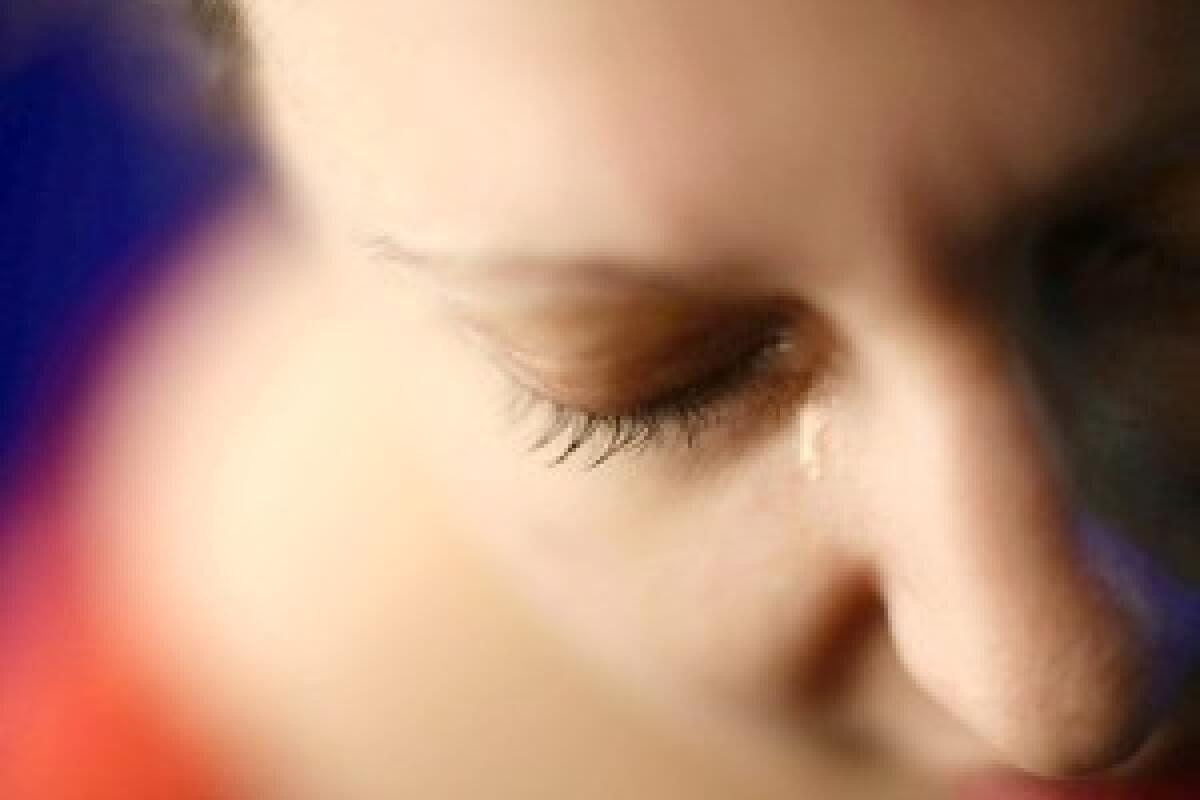Depressed teens mostly struggle alone

Some 2 million Americans adolescents experienced a bout of Mental Health page on depression” href=”https://www.nimh.nih.gov/health/topics/depression/index.shtml” target=”_blank”>major depression last year, but only about a third of them got any help in dealing with the sadness, irritability, anxiety, guilt and loss of interest and energy that are the hallmarks of such episodes, a report says.
The new findings, tallied by the federal government’s Substance Abuse and Mental Health Services Administration, were issued Thursday to kick off a month of national activity aimed at raising awareness of childrens’ mental health. With about 15% of high school students in the United States reporting they have seriously contemplated suicide in the past year, many of those efforts are geared toward identifying those at risk and intervening early to prevent self-harm.
Each year, 4,400 Americans between the ages of 10 and 24 commit suicide, and 149,000 seek emergency care for self-inflicted injuries, according to the CDC Youth Suicide Prevention Page” href=”https://www.cdc.gov/violenceprevention/pub/youth_suicide.html” target=”_blank”>Centers for Disease Control and Prevention. While shocking, these acts rarely come without some early warning: Researchers have found that 9 of 10 young suicide victims suffered from diagnosable mental illness at the time of their death, and that 63% showed overt symptoms of mental illness in the year before their suicide.
The latest study found that roughly 8.1% of the population between 12 and 17 years old reported experiencing a period of depressed mood lasting two or more weeks in the preceding 12 months. As he or she ages from 12 to 17, the report found, a child grows more likely to have a depressive episode. Almost 15% of girls 15 to 17 years old described to survey-takers a major depressive episode in the preceding year, compared to an average of 6.4% of boys 15 to 17 years old who did so. Teenage boys were consistently less likely to report depression -- or to get help for it -- than were girls, a pattern that continues into adulthood.
Young teens who experienced such depression were far more likely to have abused prescription drugs in the past month than those who were not depressed (19.2% vs. 6.6%), to smoke cigarettes daily (3.6% vs. 1.9%), and to report heavy alcohol use in the preceding month (4.2% vs. 1.9%).
The report is based on a national survey of drug use and health conducted in 2009.
Pamela S. Hyde, administrator of the agency releasing Thursday’s findings, said they underscore the importance of catching and treating mental health problems early in kids. Doing so, she said, “can turn a life around and reduce the impact of mental illness and substance abuse on America’s communities.”
Currently, relatively few get help, the survey found. Some 34.7% of those reporting depression in the past year said they have received treatment of any kind. In that group, 58.5% said they had seen or talked to a physician or other professional about depression, but did not take any medication in treatment of it. Another 34.7% saw or talked to a physician or professional and took prescription medication for depression. The remaining 6.7% took prescription medication, but did not consult a professional about their mood disturbance.
The report comes against the backdrop of building momentum for efforts to identify youngsters who are at higher risk of mental illness and steer them toward early help. In Massachusetts, a statewide program requiring all primary care physicians to screen children insured under Medicaid for mental illness risk has helped boost such screening to 74% of all teens, up from 20%. The AAP guidelines on depression screening” href=”https://aappolicy.aappublications.org/cgi/content/full/pediatrics;120/5/e1299” target=”_blank”>American Academy of Pediatrics, the American Academy of Family Physicians and the Society for Adolescent Medicine all recommend routine screening of adolescents for early signs of depression, anxiety and other mental illnesses.
Teen Screen, a standardized mental health screening test designed by physicians at Columbia University, is now offered to adolescents with parents’ permission at more than 550 school and community sites across the country, and is widely used by physicians to identify kids who may be at higher risk of depression or other mental illness.
“We know the earlier we identify these conditions, the prognosis for an adolescent is so much better,” said Leslie McGuire, deputy executive director of Teen Screen. With earlier warning of a child’s psychological suffering, psychotherapy may be all that’s needed, and more intensive therapies, including prescription medication, can be avoided, she said. “But we have to find them first.”




